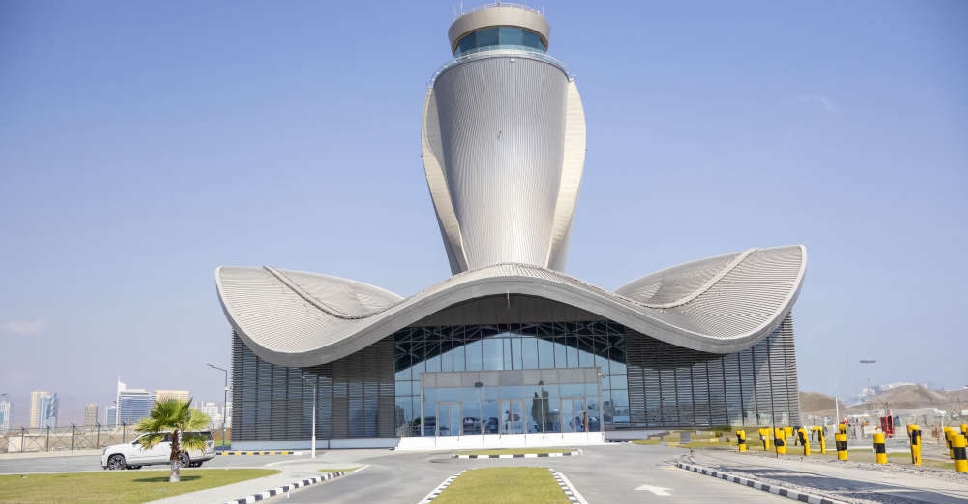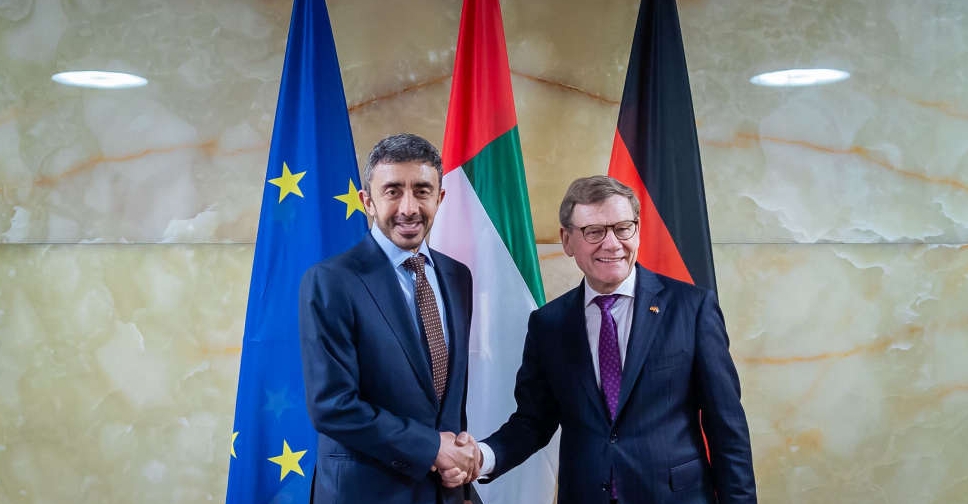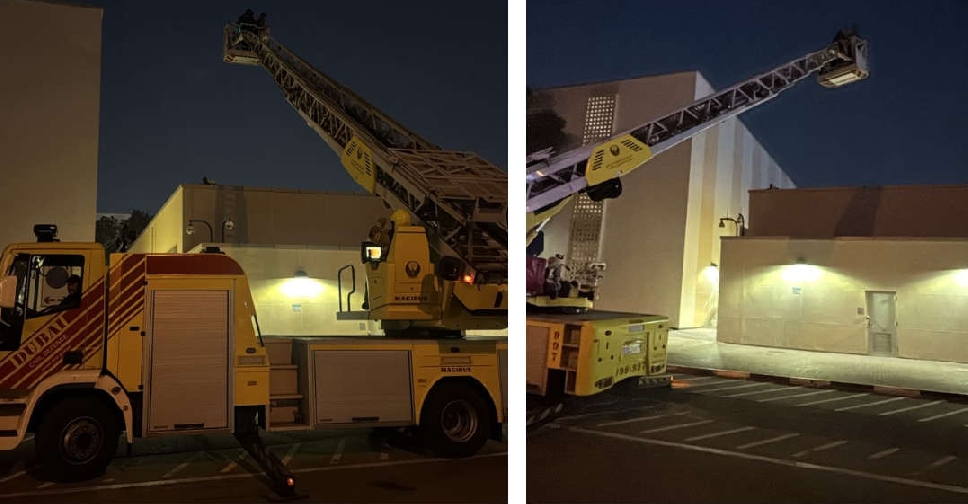
WikiLeaks founder Julian Assange was given permission to have a full appeal over his extradition to the United States after arguing at London's High Court on Monday he might not be able to rely on his right to free speech at a trial.
Two judges at the High Court said they had given him leave to have a full appeal to hear his argument that he might be discriminated against on the basis the Australian-born Assange is a foreign national.
Hundreds of protesters had gathered outside the court ahead of what was a key ruling after 13 years of legal battles, with two judges asked to declare whether they were satisfied by U.S. assurances that Assange, 52, could rely on the First Amendment right if he is tried for spying in the U.S.
The news was met outside court by an eruption of cheering and singing. Assange's legal team had said if he lost he could be on a plane across the Atlantic within 24 hours.
His lawyer Edward Fitzgerald had told the judges they should not accept the assurance given by U.S. prosecutors that Australian-born Assange could seek to rely upon the rights and protections given under the First Amendment, as a U.S court would not be bound by this.
"We say this is a blatantly inadequate assurance," he told the court.
Fitzgerald had accepted a separate assurance that Assange would not face the death penalty, saying the U.S. had provided an "unambiguous promise not to charge any capital offence".
The U.S. said its First Amendment assurance was sufficient. James Lewis, representing the U.S. authorities, said it made clear that Assange would not be discriminated against because of his nationalityin any U.S. trial or hearing.
Asaange's legal team were buoyant after the decision was made. Fitzgerald said it could be months before the appeal was heard.
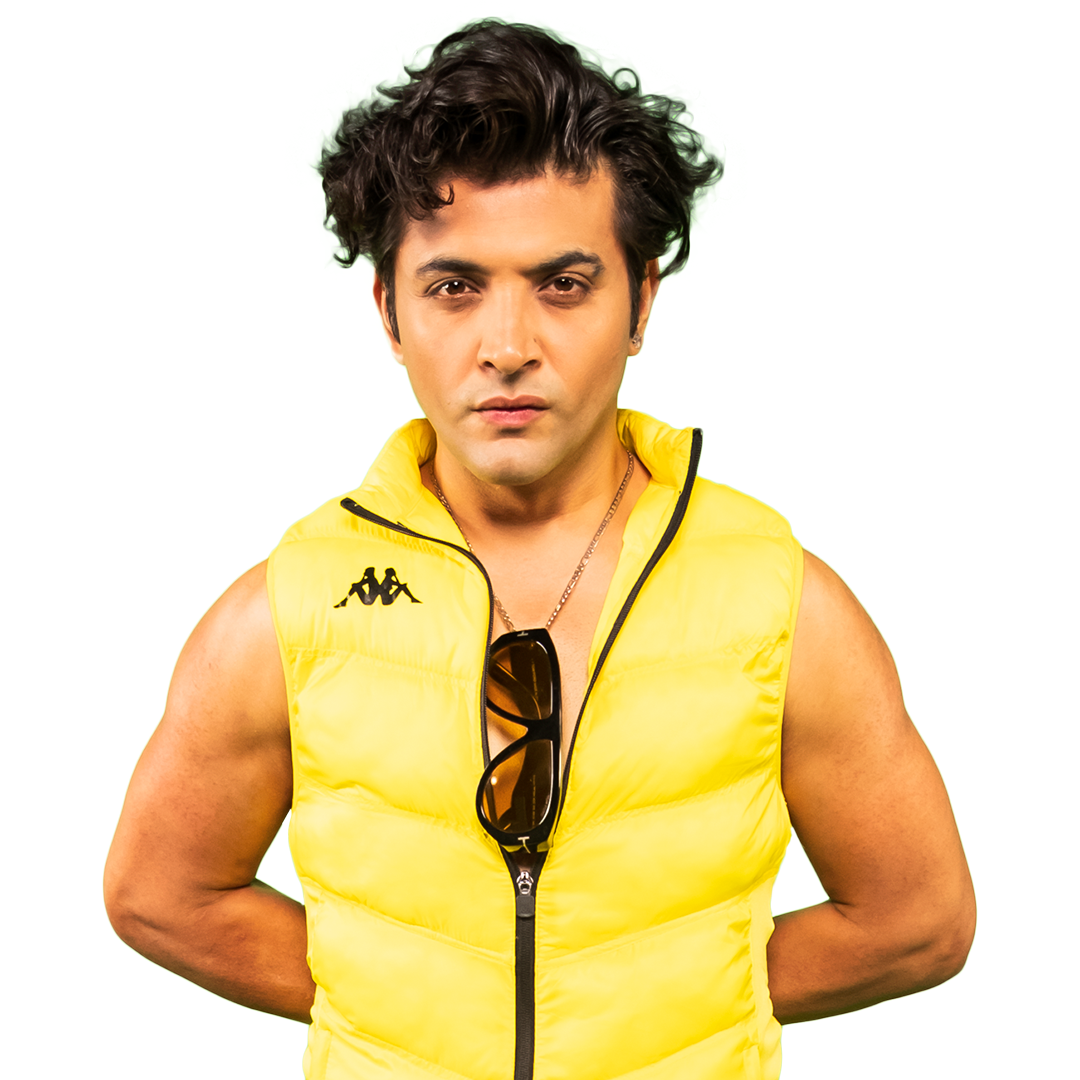


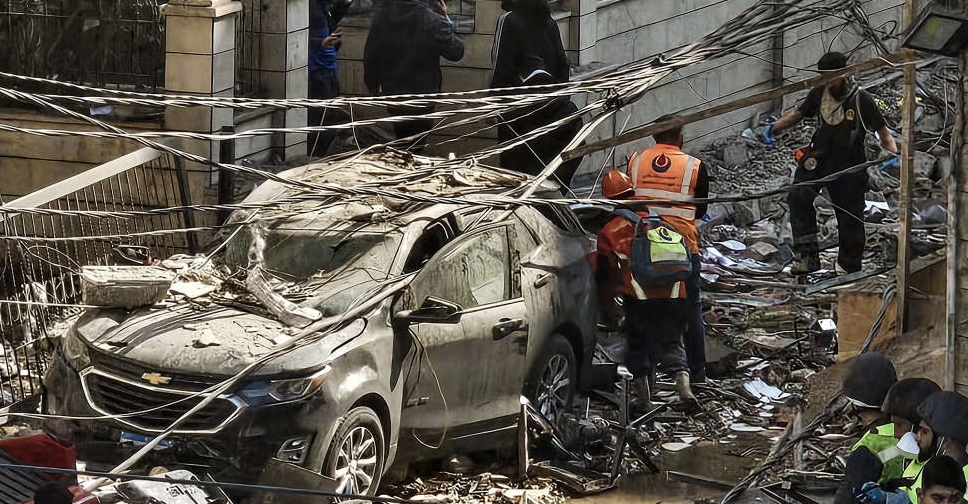 At least four killed in Israeli strike on building in Lebanon's Baalbek
At least four killed in Israeli strike on building in Lebanon's Baalbek
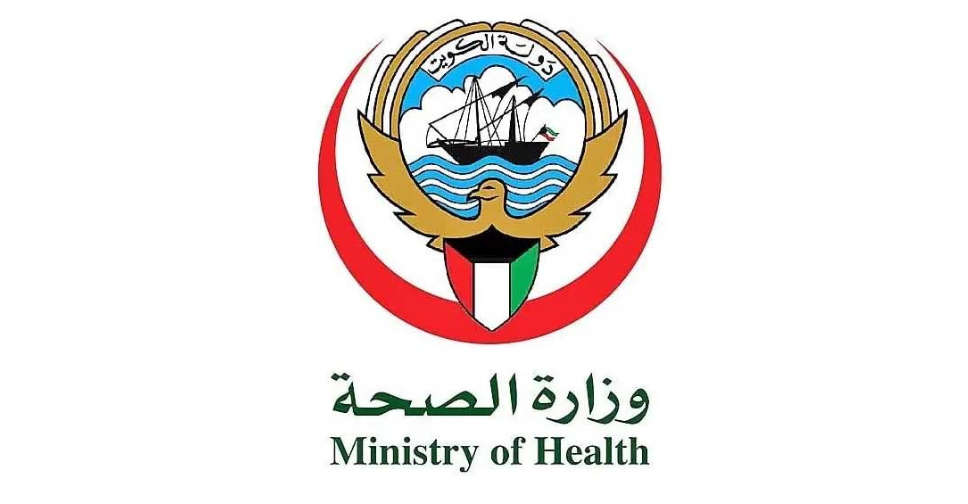 Kuwait announces death of child from shrapnel wound
Kuwait announces death of child from shrapnel wound
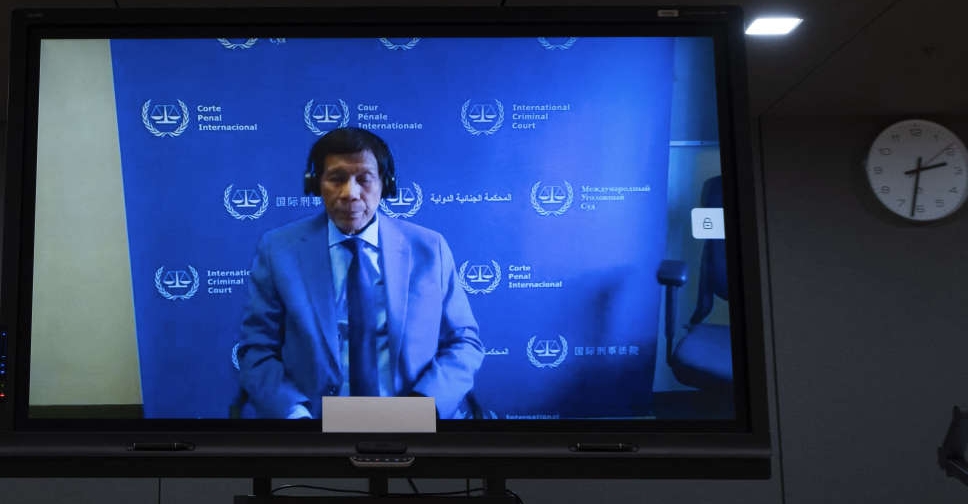 Philippine lawmakers advance impeachment of Vice President Duterte
Philippine lawmakers advance impeachment of Vice President Duterte
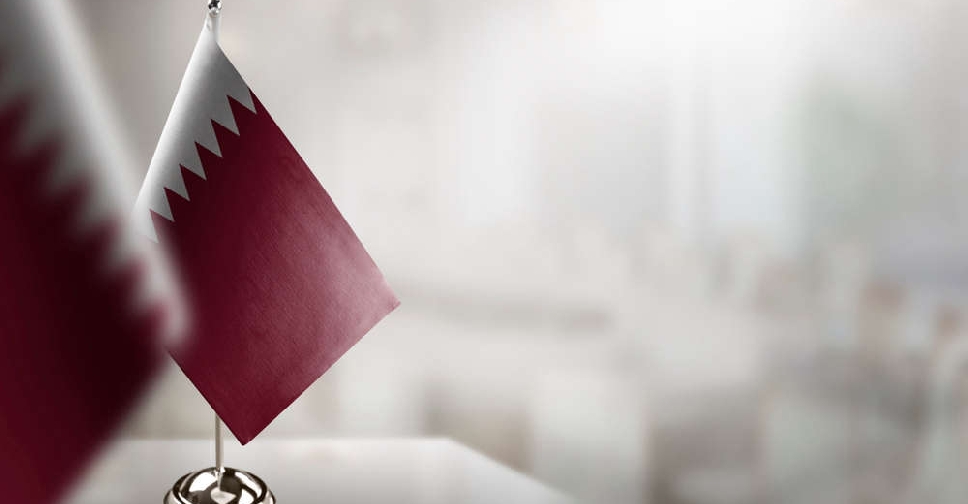 Qatar busts two cells linked to Iran’s Revolutionary Guard
Qatar busts two cells linked to Iran’s Revolutionary Guard
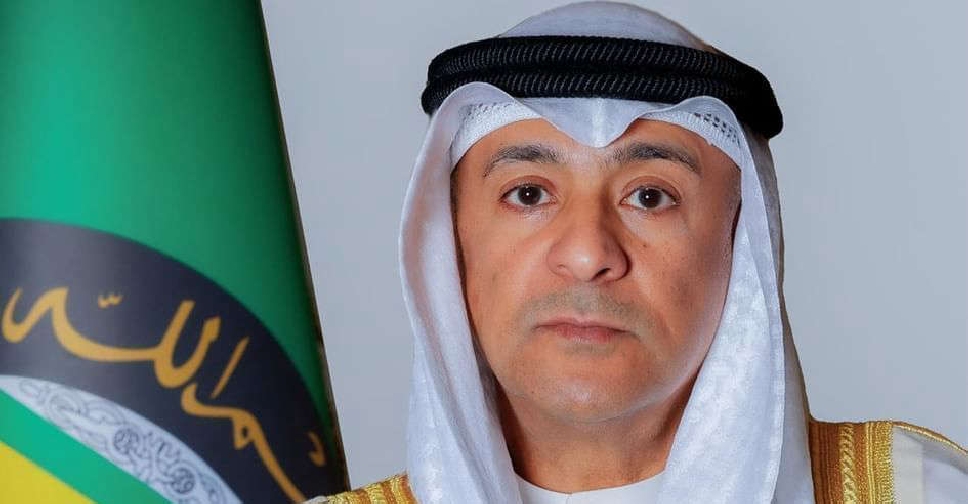 GCC condemns Iranian attack on Port of Fujairah
GCC condemns Iranian attack on Port of Fujairah
